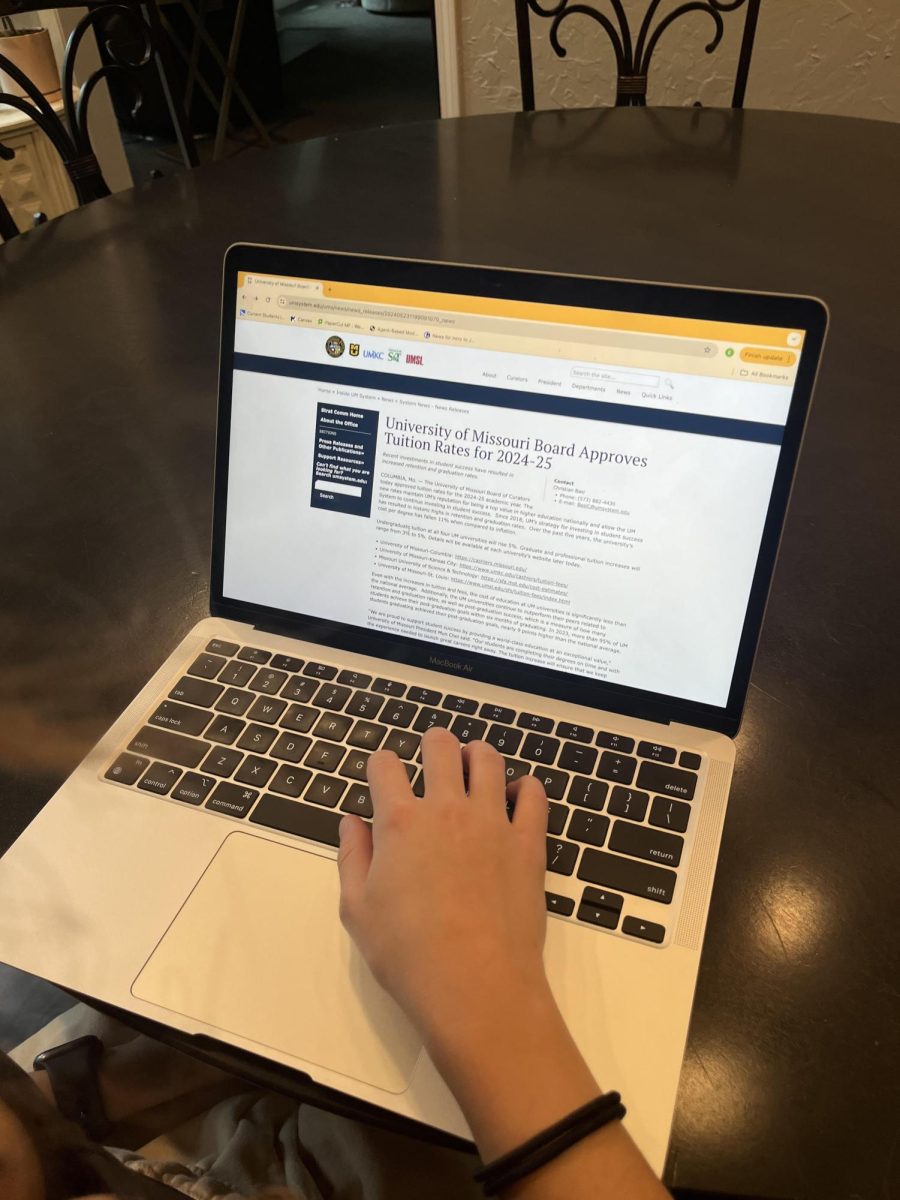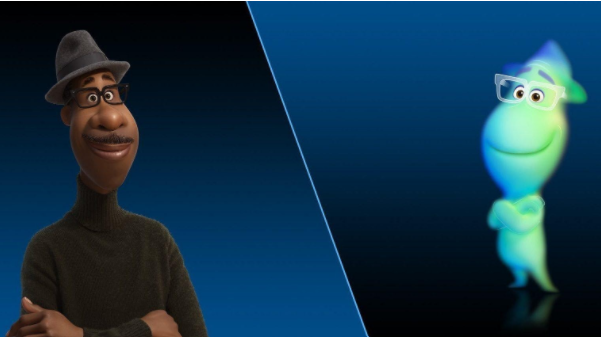Disney+ released its hit movie, “Soul,” in December and captured the hearts of millions. “Soul” made many people question the way they’re living their life and their life’s purpose. Many wondered how such a lighthearted Disney movie could bring out so many raw emotions. But “Soul” has also raised underlying questions about Black representation in film.
Growing up, I can most definitely attest I have seen way more damaging stereotypes on TV depicting Black people than anything else. There was hardly any representation, and when there was it was negative and stereotypical. Frequently it was subtle microaggressions instead of just downright racism, but I still got the message nonetheless.
Microaggressions are especially prevalent in areas like the entertainment industry, and they are subtle, indirect discrimination against minorities, including African Americans.
It is no secret that racism is in almost everything we do in America. Racism has been at the forefront from this nation’s inception.
At one point in time, African Americans were not allowed to be in films. It wasn’t until the 1960s when that changed. Before then, films and TV portrayed Black people by their white counterparts as harsh stereotypes that meant to depict and tarnish Black people as a whole.
Disney in particular hasn’t had the best reputation in terms of portraying Black people and using harmful stereotypes. For example, take Disney’s “The Princess and the Frog.” This was the first time in history Black girls had a Black princess to represent them, and she spent the majority of the movie as a frog. While it was nice to finally see a Black princess for representation, the choice to keep her as a frog for 80% of the movie spoke volumes.
Junior Steven Matthews said that the reinforced stereotypes against Black people in films affected him growing up.
“A lot of behaviors I developed came from watching stereotypes on TV,” Matthews said. “I just figured that was supposed to be how I acted because that’s what I saw other people who looked like me acted. I got older and realized what I saw on TV wasn’t necessarily real, but the effects were.”
Matthews said that while people may look at the TV portrayal strictly as entertainment, a lot of what we see are real-life situations.
“How Black people stereotypes are portrayed on TV bothers me the most. When the discussion is brought up, the main excuse is that there’s no harm because it’s just for entertainment, but it is harmful,” Matthews said. “It’s just an excuse to push a certain agenda against minorities. They use our real-life struggles as ammo.”
Many minorities, especially African Americans, are no strangers to the damaging effects of microaggressions and stereotypes seen on TV that spill over into real life. Hopefully, by having these necessary conversations, the film industry will change its tune.













